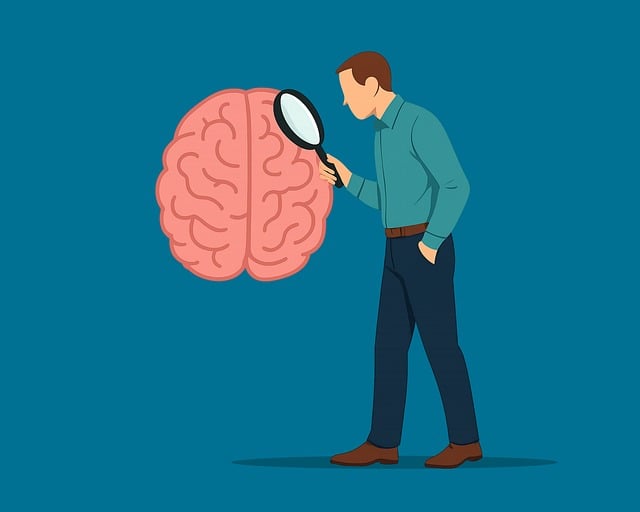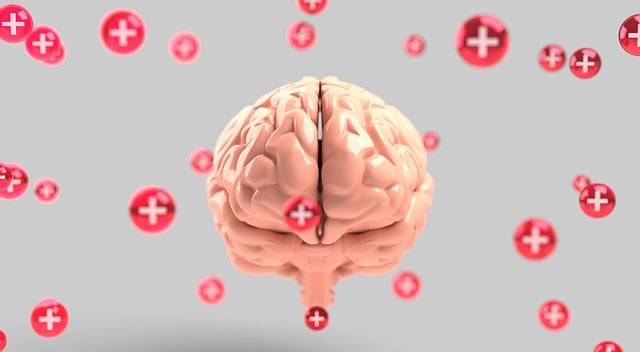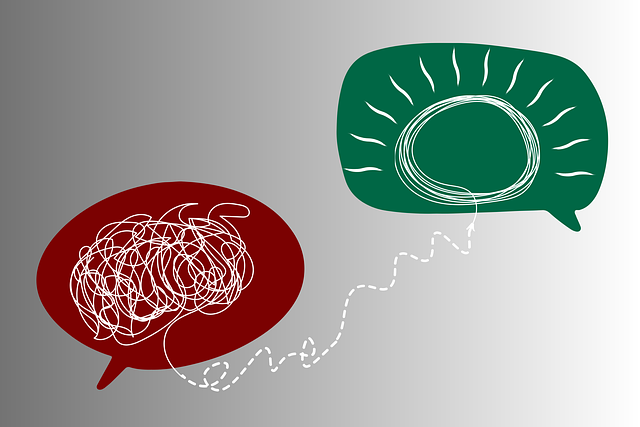Westminster Crisis Counseling Therapy focuses on Emotional Intelligence (EQ) as its core principle, using holistic practices to teach individuals how to recognize, understand and manage their emotions effectively. Through methods like journaling, meditation and therapy sessions, this approach cultivates self-awareness, empathy and communication skills, empowering people to process intense emotions, build resilience and improve mental well-being. By enhancing EQ, Westminster Crisis Counseling Therapy promotes stronger relationships, reduces stigma around mental illness and contributes to better mental health policy implementation.
Emotional intelligence (EI) is a transformative skill set that empowers individuals to navigate life’s challenges with resilience and grace. This article explores the foundational principles of EI as demonstrated by Westminster Crisis Counseling Therapy, focusing on three key areas: understanding self-awareness as the cornerstone of personal growth, enhancing social skills for empathy and effective communication, and fostering emotional agility. By delving into these aspects, we aim to equip readers with practical tools to build their EI and improve overall well-being.
- Understanding Emotional Intelligence: The Foundation of Westminster Crisis Counseling Therapy
- Cultivating Self-Awareness: A Cornerstone for Personal Growth
- Enhancing Social Skills: Building Empathy and Effective Communication
Understanding Emotional Intelligence: The Foundation of Westminster Crisis Counseling Therapy

Emotional intelligence (EQ) forms the cornerstone of Westminster Crisis Counseling Therapy, a specialized form of counseling that goes beyond traditional therapeutic practices. EQ is the ability to recognize and understand one’s own emotions and the emotions of others, and to use this awareness to guide thoughts and actions. In the context of crisis counseling, this means creating a safe space for individuals to process intense emotions, such as stress, anxiety, or grief.
The foundation of Westminster Crisis Counseling Therapy lies in its holistic approach that integrates mental health education programs design tailored to foster mood management and anxiety relief. By teaching individuals skills to navigate and regulate their emotional responses, this therapy empowers them to better cope with crises and prevent them from escalating. This focus on EQ development is key to fostering resilience and overall well-being.
Cultivating Self-Awareness: A Cornerstone for Personal Growth

Cultivating self-awareness is a powerful tool for personal growth and emotional intelligence development, serving as a foundational step for individuals seeking to improve their mental health. This process involves recognizing and understanding your emotions, thoughts, and behaviors, which can be enhanced through various practices such as journaling, meditation, or therapy sessions offered by Westminster Crisis Counseling Therapy. By taking the time to introspect and reflect, individuals can gain valuable insights into their strengths, weaknesses, and triggers, enabling them to make more informed decisions about their well-being.
Self-awareness is not just about emotional recognition; it also includes recognizing your impact on others and how they might perceive you. This aspect is crucial for building strong relationships and effective communication skills. In the context of a Mental Health Policy Analysis and Advocacy, fostering self-awareness can lead to better policy implementation, as individuals become more attuned to their mental health needs and those around them. Furthermore, developing a consistent Self-Care Routine Development for Better Mental Health can significantly contribute to stress reduction methods, allowing individuals to navigate life’s challenges with resilience and emotional equilibrium.
Enhancing Social Skills: Building Empathy and Effective Communication

Enhancing social skills is a cornerstone of emotional intelligence development, and it plays a pivotal role in improving mental health, especially for those seeking Westminster Crisis Counseling Therapy. Building empathy allows individuals to understand and share the feelings of others, fostering deeper connections and promoting emotional well-being. Effective communication, on the other hand, ensures that thoughts and emotions are conveyed clearly and respectfully, reducing potential triggers related to mental illness stigma.
Through various techniques, one can cultivate these skills. Encouraging active listening practices enhances understanding and empathy. Engaging in open and honest conversations promotes effective communication. Moreover, integrating self-care routine development for better mental health into daily life encourages individuals to manage their emotions constructively, contributing to both emotional intelligence growth and Mental Illness Stigma Reduction Efforts.
Emotional intelligence, as exemplified by Westminster Crisis Counseling Therapy, is a powerful tool for personal growth and effective communication. By understanding and cultivating self-awareness, individuals can enhance their social skills and build empathy, leading to more meaningful connections and improved mental well-being. These techniques are essential in navigating life’s challenges, fostering positive relationships, and achieving personal fulfillment.














